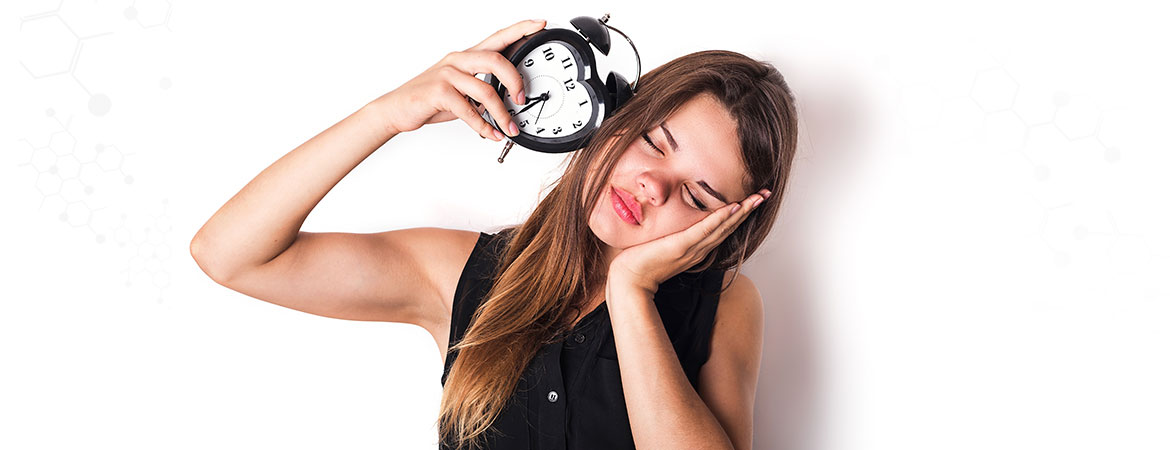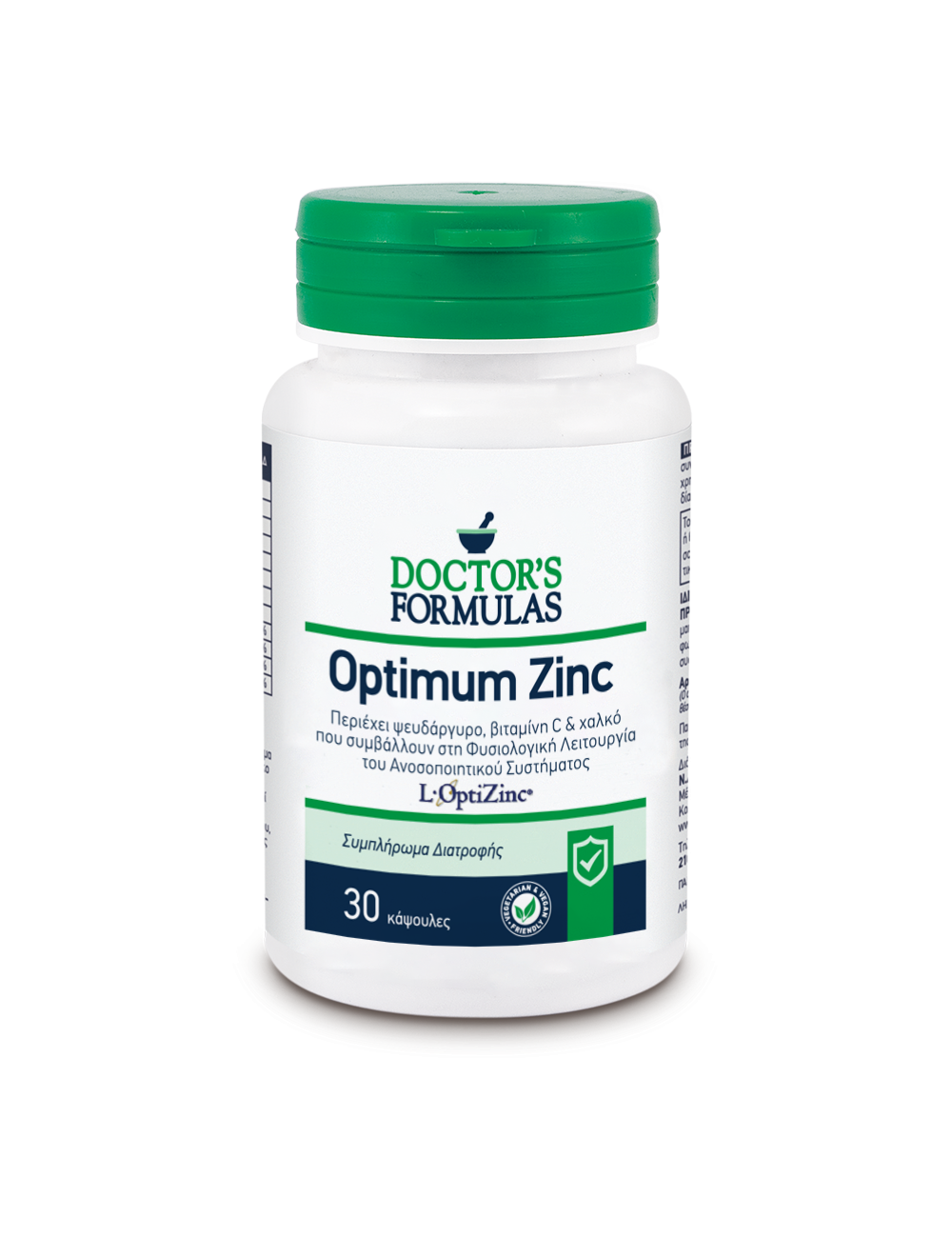Biological Clock and Human Health
How Body's Internal Clock Affects Overall Health
What is Biological Clocks & Circadian Rhythms?
All living beings (humans, animals, plants, fungi and micro-organisms) have adapted each of their biological processes to the 24-hour day-night cycle.
The circadian or circadian rhythm, also known as the "biological clock", regulates in every living organism some very necessary and important biological functions, such as the sleep-awakening cycle, hormone secretion, blood pressure and even metabolism!
The science that deals with the pineal gland and the pituitary is called Chronology and is based on the study of biological rhythms.
Biological or circadian rhythm is the daily cycle that follows every living organism and is characterized by a rhythmic alternation in levels of chemical components and their homeostasis in the body and adaptation of biological functions.
Although these rhythms are exclusively endogenous, with many biochemical pathways involved in their regulation, they are directly affected by the great adaptability they present from various external factors such as heat and daylight!
Recent Discoveries - Nobel Prize in Physiology
It is worth noting that this year's Nobel Prize for Physiology and Medicine was awarded to Jeffrey Hall, Michael Rosbash and Michael Young, scientists of American descent, who were awarded for their discoveries about the molecular mechanisms controlling the circadian rhythm, .
These discoveries were awarded because they provided the necessary explanations for how each living organism manages to adapt its biological rhythm in such a way that it is synchronized with the earth's rotation.
This was accomplished by isolating the gene that controls the biological rhythm, thereby demonstrating how this gene is responsible for encoding a protein found in the cells overnight and degraded during the day.
Biological - circadian rhythms are influenced over time by behavioral patterns and external stimuli.
In further analysis, the core activities associated with the biological clock and capable of keeping it regulated or gradually disregarding it are as follows:
• Sleep is regulated by the biological clock, with light being the main external stimulus that keeps it set.
• Food is the main stimulus for synchronizing the circadian rhythms of the body's peripheral tissues.
• Metabolism is directly related to circadian rhythm and food intakes, as it is the only person responsible for energy production planning that is similar to the activities that everyone is expected to meet within the day.
• Immune response is more effective during wakefulness, where the needs of the body are growing.
• Aging does not regulate circadian rhythms. This results in the elderly experiencing difficulties in basic day-to-day activities, such as sleep, energy production, etc.
• Transatlantic or inter-continental travels cause physical and mental exhaustion as well as disorientation of biological rhythms.
• Cell cycle and cellular differentiation appear to be controlled by circadian rhythms, without yet being disclosed in what way.
Scientific Data
The center of the biological functions of the human body is located in the upper hypothalamus of the brain called the hyperchumoric nucleus. For many years it has been considered to be the only clock made up of neurons that responded to the rhythmic sleep-waking and nutritional behaviors.
This central clock is involved in guiding basic physiological processes throughout the body. Until recently, it was not at all clear how this central clock works, nor how it communicates the many different cellular physiological functions.
It has recently been discovered that the functions of the human organism, as well as variations thereof, can not be activated by only a central clock. Researchers have discovered that each cell, including microbes, has a self-contained and fully functional clock.
More specifically, each tissue and each organ appears to have unique daily cycles, responsible for specific biological functions but also for unique metabolic functions of each organ.
Thus, we can be sure that each individual cell in the body consists of a basic genetic clock, as a nucleus, and then there is a wide range of distinct auxiliary rhythms with genetic cycles responsible for the synchronization of metabolism as well as for its behavior of each cell, tissue and organ.
It is worth noting that the way in which all these autonomous and different circles are related to each other and synchronized with the central clock, which sends neurological messages and hormones to a 24-hour day-night cycle, is just discovered!
Changes in the biological clock affect the physiology of the human body
Human cells consist of a large number of genes and function in a 24-hour cycle. It is one of the largest sets of genetic networks that affect the most important functions of physiology.
These networks are mainly affected by:
- exposure to daylight and darkness of the night,
- hours of eating and sleeping.
Every change in the biological rhythm affects the communication between cells and tissues, resulting in their gradual deregulation.
Genetic and epigenetic networks produce specific times for performing certain functions that would be difficult or impossible to do at the same time. These rhythmic circles of circadian rhythms optimize the production and utilization of energy for any necessary activity.
In fact, the disorder of these processes can lead to various metabolic diseases, such as diabetes mellitus, hyperlipidemia, obesity, thyroid gland disorders, and osteoporosis.
For example, recent research has shown that strict dietary and fasting hours can positively affect abnormal rhythms to cure even chronic diseases!
The variables that interact with the biological clock control centers are related to energy balance, feeding and fasting, as well as light and darkness. These variables include temperature as well as physical activity.
Perhaps the most researched variable is a special diet called a fixedly determined diet (ie eating at the same time each day). This has interactions with energy balance cycles that include absorption, storage of molecules and their use.
There is no longer any doubt that the timing of life activities, especially eating and sleeping, has a significant impact on whether we develop multiple diseases.
Centralized clocks send rhythmic signals that synchronize many cellular functions to the body tissues. However, individual cells have their own clocks, as well as specific metabolic cycles, but also cycles associated with specific functions in the tissues.
Somehow all this is coordinated at the level of the brain, body organs and individual cells.
We may already know that cells know how big they should be, what their position is, and what their functions are on the web. What we can not be 100% sure yet is the way they communicate with each other. This is a process that seems extremely complicated.
A summary of circadian clocks for human metabolism
Early in the morning
1) melatonin production stops
2) increasing blood pressure
3) the intestinal motion is stimulated
4) increases testosterone
Afternoon
1) there is a faster reaction time
2) better cardiovascular performance
3) more muscle strength
Night
1) increase in blood pressure
2) increase body temperature
Night
1) suppression of bowel movements,
2) Melatonin secretion that regulates the sleep cycle causing somnolence


